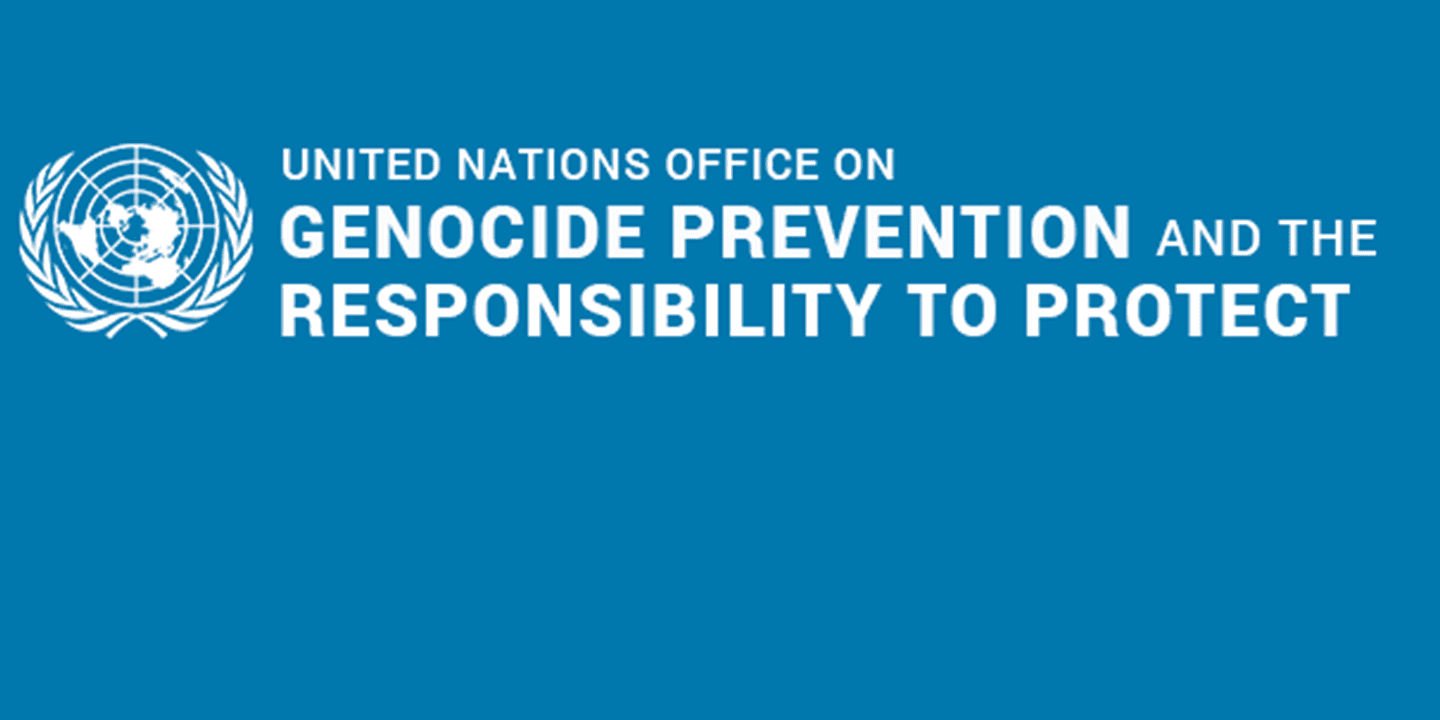
Statement by the UN Special Adviser on the Prevention of Genocide on the draft reforms to the Law on National Reconciliation, Guatemala, 2019
(New York, 12 March 2019) The Special Adviser on the Prevention of Genocide, Adama Dieng, urges members of Congress in Guatemala to reject draft legislation to review the 1996 Law on National Reconciliation. He also expresses grave concern about the serious consequences that the approval of such draft legislation would have in the stability of the country and the cohesion of Guatemala’s society.
The draft legislation that is before the Guatemalan Congress would grant amnesty with retroactive effects to all those convicted or awaiting trial for international crimes committed in Guatemala during the country’s civil war from 1960 to 1996. This would include the crime of genocide and crimes against humanity. If approved in its current format, the draft legislation would also terminate ongoing investigations and judicial processes and prevent all future investigations into human rights violations and international crimes committed during that period.
The draft proposal is a clear violation of Article 46 of the Constitution of Guatemala and of the obligations Guatemala has voluntarily committed to under international law, including the Convention on the Prevention and Punishment of the Crime of Genocide, to which Guatemala is a party. Among other, the Convention establishes clear obligations to investigate, prosecute and punish the crime of genocide. Similar obligations in relation to other international crimes exist in international treaties to which Guatemala is a party.
According to the Special Adviser, “the draft proposal is a very serious retraction of the achievements Guatemala has made in the pursuit for justice for the crimes committed during a very dark period of its history”. He highlighted that despite many challenges and delays throughout the years, recent rulings in the cases of Sepur Zarco, Molina Theissen and Dos Erres have showcased how a country can work towards overcoming a legacy of war and impunity and, in this way, contribute to the prevention of future crimes.
The Special Adviser added that “the trial for genocide of former de facto Head of State Efrain Rios Montt in Guatemalan national courts a few years ago, sent a strong message to the world that justice can prevail and that no one is above the law. That was the first country where a national court held a trial of a former Head of State on charges of genocide. But what message and example will Guatemala be sending now if this draft legislation is approved? That impunity and not justice will prevail after all? This would constitute an affront to the victims, an infringement of their rights and a risk to their security”.
The Special Adviser explained that accountability for past crimes is a basic right of victims and their families to obtain justice and other forms of redress for what they endured. Moreover, it is also a critical tool for peace and security. Accountability rebuilds the social fabric of societies and strengthens reconciliation processes. It recognizes the suffering of the victims and communities involved and prevents feelings of frustration, revenge and mistrust that could be politicized or used to incite or justify further violence.
The Special Adviser concluded by saying that “Guatemala needs to rebuild the confidence of the population in its State institutions. For that, Guatemala must strengthen the respect for the rule of law. Where there is accountability, populations can be hopeful that their State, which might have failed them in the past, will now protect them. A blank amnesty represents an erosion of that trust and could negatively affect ongoing efforts for reconciliation in the country. I urge all members of Congress to reflect very seriously about the impact of their decision, to make sure that Guatemala continues building upon its efforts to fight impunity, and that the country remains an example to the world in the pursuit of justice.”